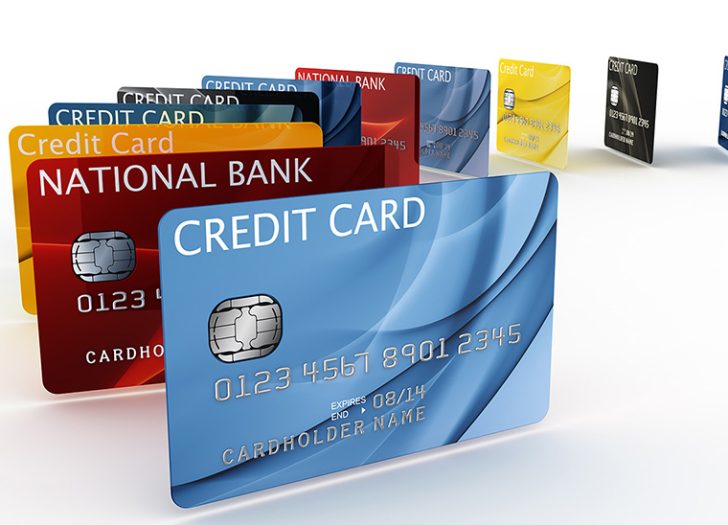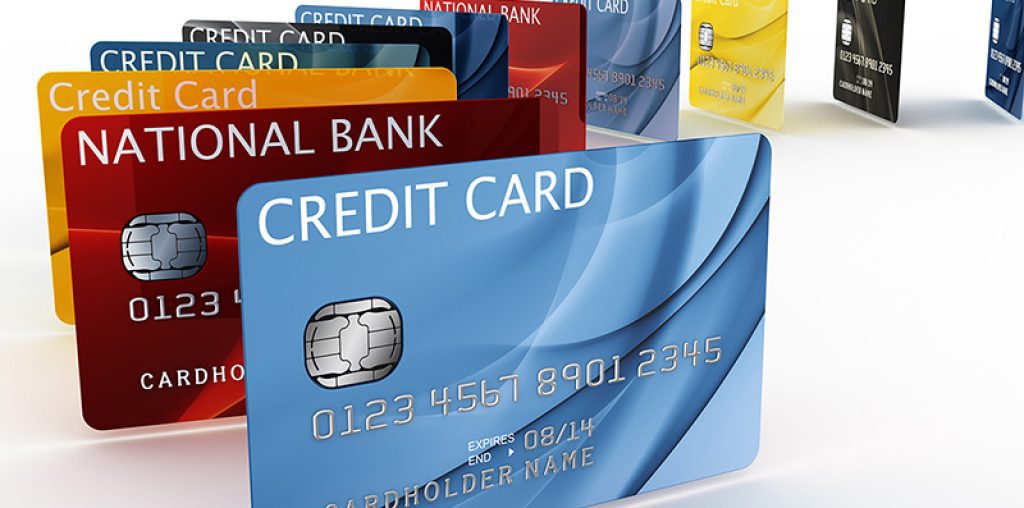In this episode, John Maher talks with attorney Michael Forrest of Mazow McCullough about false advertising and consumer rights in Massachusetts. Forrest outlines common examples such as bait-and-switch tactics, hidden credit card surcharges, misleading product origins, and deceptive food and beverage claims like “all-natural” or “preservative-free.” He explains how Massachusetts law prohibits credit card surcharges, regulates pricing transparency, and allows consumers to file claims under the Consumer Protection Act. The conversation highlights legal remedies available to consumers, including monetary damages, injunctive relief, and class action claims
John Maher: Hi, I am John Maher and I’m here today with Attorney Michael Forrest of the Law Office of Mazow McCullough. Today we’re talking about false advertising. Welcome, Michael.
Michael Forrest: Hey, John. How are you?
Common Examples of False Advertising
Maher: Good, thanks. Michael, what are some common examples of false advertising?
Forrest: So, in the world of false advertising, often, I guess one of the primary types is the bait and switch with certain products is advertised a certain way. And when you get to the facility or the business, either it’s not available or it’s not the same product or the price may be different. You also may have instances of grade, quality, origin of the product.
So, there may be a product that’s advertised to be made in Italy, it adds value to that product when in fact that product is made somewhere in New Jersey. That’s the type of thing that there may be a financial consequence to that, you may have paid more because they represented it was imported or from that place.
Maher: Or maybe the opposite, it was you advertised it as being made in the USA but it was actually made in China or something like that.
Forrest: Exactly, exactly. And you see more and more of those as well companies that make that representation. You see it in the bio world too, that companies claim to be greener than they are in hopes of drumming up business when in fact they’re not environmentally friendly. And then finally, one of the things that you see is Massachusetts for example, doesn’t allow credit card surcharges and you see this thing price dripping where a product is advertised to a certain price, but when you get to the final transaction to purchase, the price is different. And that’s often because of, say, an added on fee.
What is Price Dripping?
Maher: Talk a little bit more about the price dripping and what that is and why that’s covered under false advertising.
Forrest: Sure. So again, it’s this idea of bait and switch. So, if I see a product that’s advertised and I think that product is going to be $10 and I get in my car and I drive down there and they say, “Oh, we do have the product, but unfortunately the product is $14,” when they ring you up and you say, “But I thought the product was $10.” And they say, “We have a credit card surcharge, it’s a $4 credit card surcharge.”
Well, Massachusetts, that’s in the Legal Act, Massachusetts strictly prohibits a business from charging a credit card surcharge. So, that’s an example of price dripping, meaning that the price is gradually… The idea of price dripping is that the prices gradually revealed to the consumer.
How Does the Law Regulate Hidden Fees?
Maher: And then how do laws regulate hidden fees and surcharges like you were just talking about, like those that are related to credit card charges?
Forrest: So, for example, there’s the credit card surcharge statute. It’s a statute that says a consumer has the benefit of not paying the service charge for a credit card transaction. Another remedy that they have in false advertising for example, is the Massachusetts Consumer Protection Act. It’s a pretty broad statute, but there are regulations that say that if you violate certain false advertising principles, you’ll have automatically violated the Consumer Protection Act.
Maher: So, is it illegal to charge a different amount if somebody’s using a credit card than if they were paying with cash?
Forrest: So, you can offer a cash discount in Massachusetts, you often see these at gas stations. So a business can offer a cash discount for using cash or check, but what they can’t do is add an additional charge to the base price for the use of a credit card.
Types of Misleading Claims in the Food & Beverage Industry
Maher: Okay. What types of misleading claims are frequently seen in the food and beverage industry?
Forrest: So, what we’re seeing a lot of is claims for a product being, for example, all-natural or preservative-free. In the food advertising space obviously these days, health consciousness is important in the food industry. And so we see products that, for example, may be advertised as preservative-free when they have…
There’s an example of citric acid and it’s defined by federal regulation as a preservative citric acid. Unless it’s used for flavoring, it is a preservative. So despite an advertisement that says a product that’s preservative-free, when you actually look at the ingredients, there may be a preservative in there. So, we see that, we see it with claims of organic and we see all-natural when in fact something is not all-natural or it’s not organic. Because of health consciousness I think you see a lot of those in the food and beverage industry.
Maher: Are there rules and regulations that say if you’re going to call something organic that it has to be 100% organic? Or if you’re saying it’s all-natural, is it 100% all-natural ingredients? Are there any rules in the food and beverage industry that determine that?
Forrest: So, there have been regulations in place for things, again, like quality grade origin, but the law really hasn’t caught up with the health conscious grade. So organic for example, there is certified organic, but there are businesses that represent things as organic that are in fact organic. There’s no state-specific regulations which say, “This is what all-natural means.”
You have again, that ability with the Consumer Protection Act to say, “Hey, they said it was all-natural, but it wasn’t all-natural.” And that’s a violation of the Consumer Protection Act. So, you do have those types of remedies there, but there is no sort of ticked structure right now to deal with things like all-natural and conservative free.
Maher: So, what remedies are available to consumers who believe that they’ve been harmed by false advertising in the food and beverage industry, or false advertising in general?
Forrest: Sure. So, I mentioned a moment ago the Consumer Protection Act, which in Massachusetts is a statute of pretty broad impact. It gives the consumer the right to bring a claim either for him or herself or on behalf of the group of people. It provides potentially punitive damages. You can stop a business from the practice or a particular type of advertising through it.
And there are regulations in Massachusetts that specifically say, “If you false advertise, you violate the Consumer Protection Act.” So really at the end of the day, the Consumer Protection Act in Massachusetts is what can protect a consumer from false advertising.
Maher: All right. Well, that’s really great information, Michael. Thanks again for speaking with me today.
Forrest: Thank you, John. Have a great day.
Maher: You too. And for more information, you can visit the Mazow McCullough website at helpinginjured.com or call (978) 744 8000.











